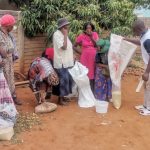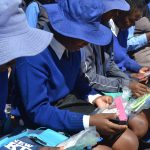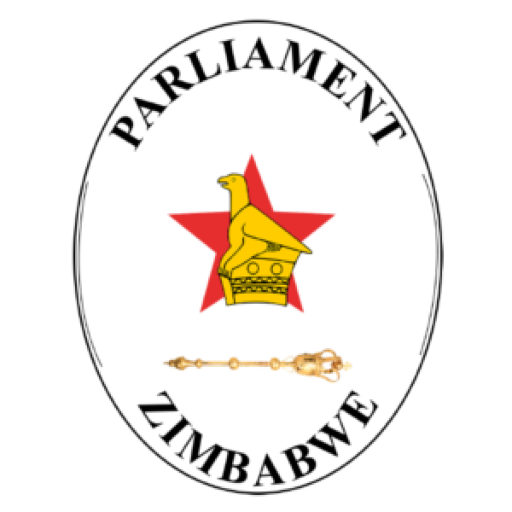The recent withdrawal of USAID funding has cast a shadow over Zimbabwe’s Nkulumane constituency, disrupting various community projects and services that were previously bolstered by international aid.
One significant casualty is the New Start Centre, a pivotal institution providing HIV/AIDS prevention and treatment services, which has been forced to temporarily close its doors.
This closure jeopardizes access to essential Antiretroviral Therapy (ART) and Pre-exposure Prophylaxis (PrEP) for numerous individuals, underscoring the community’s vulnerability due to its reliance on external support.
The cessation of USAID assistance has also impeded the progress of critical infrastructure projects within Nkulumane. A notable example is the Nkulumane Complex Vegetable Wholesale Market, initiated to alleviate congestion in Bulawayo’s central business district by providing a dedicated space for vendors.
Despite a partnership between the Bulawayo City Council, the United Nations Development Programme (UNDP), the Bulawayo Vendors and Traders Association (BVTA), and Dutch Church Aid (DCA), the project has stalled due to a funding shortfall of US$327,060.23. This financial gap has left essential components incomplete, hindering the project’s completion and the anticipated economic benefits for local vendors.
Another affected initiative is the development of a youth center aimed at providing activities to deter drug abuse among young people. The Nkulumane Constituency’s five-year development plan, launched in May 2024, identified the establishment of such a center as a priority. However, the withdrawal of NGO funding has stalled this project, leaving young people without a safe space for engagement and development.
In response to these challenges, Nkulumane Member of Parliament Desire Moyo has been proactive in seeking alternative solutions to the funding crisis. He emphasized the need for self-reliance, stating, “The dependence syndrome will have to stop. We cannot continue relying on NGOs and international donors to develop our constituency. It is time for us, as a community, to take responsibility for our own growth and sustainability.”
To bridge the gap left by the withdrawal of international aid, the local community must adopt proactive strategies that promote self-sufficiency. One key approach is the establishment of income-generating projects to reduce dependency on external support. Revitalizing the Nkulumane Complex Vegetable Wholesale Market, for example, would provide vendors with a stable income source, fostering economic resilience within the constituency.
Additionally, fostering public-private partnerships can attract investment into local projects. Collaborations between the government, private sector, and community organizations can mobilize resources for initiatives like the youth center, ensuring that such projects reach fruition despite funding challenges.
The government must also step in to sustain essential services that were previously supported by NGOs. Ensuring that healthcare services, such as those provided by the New Start Centre, remain operational is vital. Moreover, enhancing financial accountability and transparency can build trust among potential donors and investors, encouraging further support for community initiatives.
Irene Moyo, Head of Communications in the MP’s office, echoed this sentiment: “The withdrawal of USAID is a significant setback, but it also presents an opportunity for Nkulumane to harness local potential. By fostering community participation and building robust partnerships, we can navigate these challenges and emerge stronger.”
Empowering local leadership and promoting community participation in decision-making processes is also crucial. The Nkulumane Constituency’s five-year development plan, crafted with input from residents, political parties, church leaders, war veterans, persons with disabilities, and other stakeholders, exemplifies this approach. Such inclusive planning ensures that development initiatives align with the community’s needs and priorities, fostering a sense of ownership and commitment among residents.
While the withdrawal of USAID funding presents significant challenges, Nkulumane’s resilience and proactive leadership offer a pathway to sustainable development. Through collective effort, strategic planning, and a shift away from dependence on external aid, the constituency can build a foundation for self-reliance and long-term prosperity.








